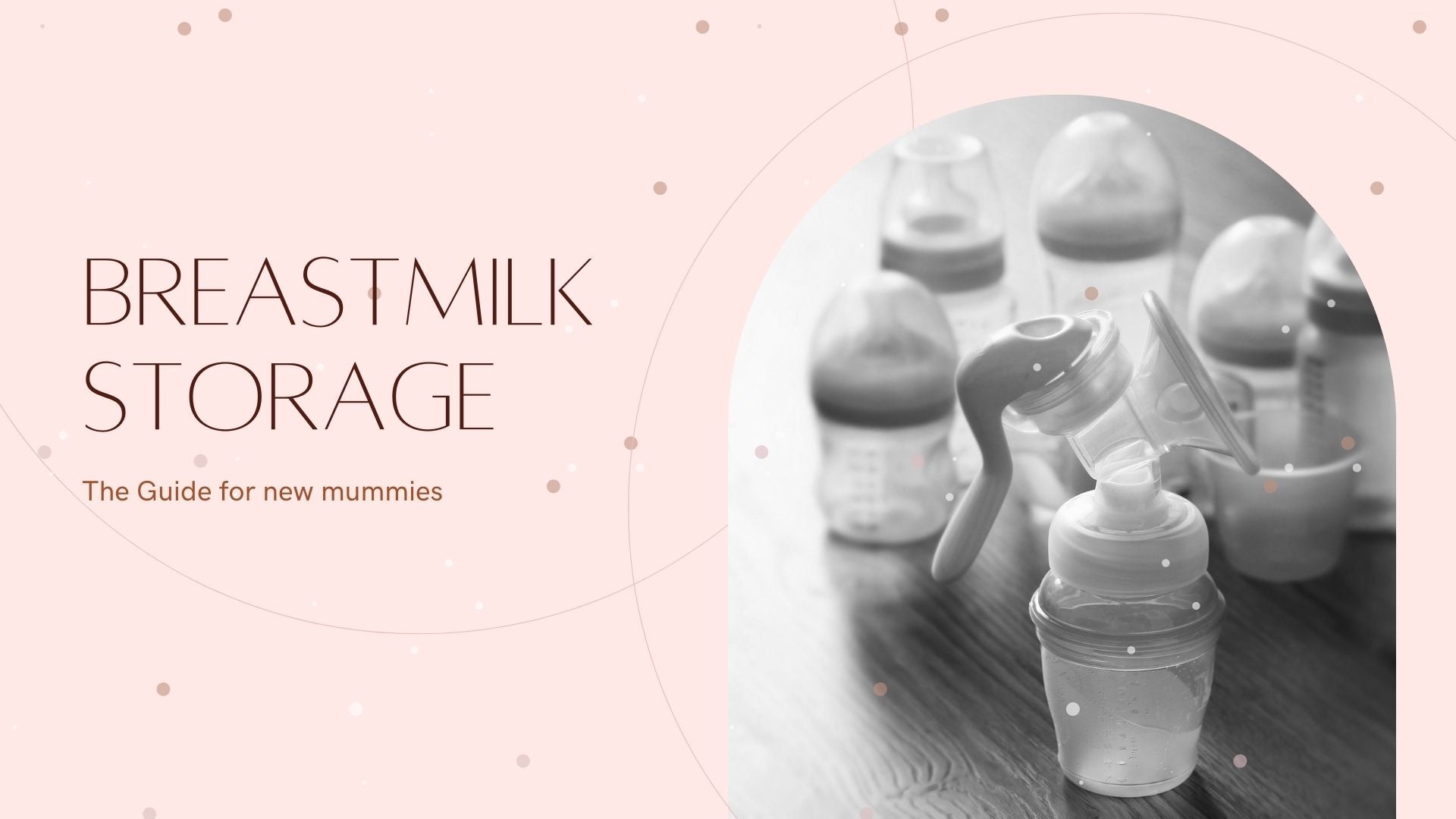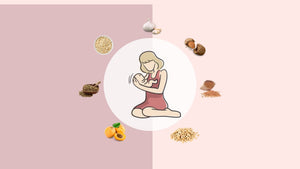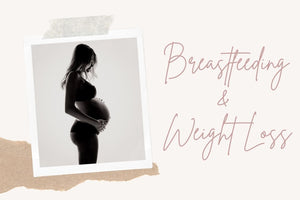Whether you are a mother who has conceived recently and is nursing, or someone taking care of a baby while the mother is away, you can benefit significantly from following proper breast milk storage guidelines. By sticking to the protocol and following the essential requirements as explained below, you can keep the expressed or pumped milk in the best condition for the newborn baby.
The importance of maintaining the quality of breast milk should be pretty obvious - you would want to feed your baby breastmilk that isn't spoilt. In this article, we answer the most common questions new mothers have when storing breast milk.
How long can breast milk last at room temperature?
One of the first questions that can arise is if breast milk can last at room temperature. Since the type of milk given to the baby can vary from fresh to thawed, its duration also differs.
- Safe storage of freshly pumped or expressed milk is possible at room temperature. However, they can only last for 3 hours. You also need to ensure that the breast milk doesn't come in direct contact with heat or sunlight.
- If you have just thawed previously frozen breast milk stored in the freezer or the deep freezer, then you have a slightly narrower window. You have to use it within 1 or 2 hours of thawing, or it can get spoilt.
- Another instance is when there is leftover breastmilk due to your baby not finishing for some reason, and there's still milk in the bottle. Again, the milk should be fed within 2 hours or discarded.
To prevent the wastage and unnecessary spoilage of breast milk, it is preferable to decant the milk in smaller volumes.
How long can breast milk last in the fridge?
Again, depending upon the time of pumping the breast milk and storing it after that, the time for which it lasts varies. An essential factor that requires consideration is the structure and outlook of the milk. It is entirely natural for the fat to separate from the milk and form a layer floating on the top. You don't have to worry as you just have to swirl it around before usage.
- Safe storage of freshly expressed breast milk is possible in the refrigerator at a temperature not exceeding 4 degrees Celsius for 4 days only. Please ensure that the container or bottle is stored towards the back since temperature fluctuations do not occur there.
- After thawing, the previously frozen breast milk can last only a day in the fridge. After that, you should get rid of it. Also, never store the thawed milk in the freezer again. It can majorly affect its nature and quality.
- A precaution while warming the stored breast milk is taking care that you do not microwave it. Instead, place it in a warm water bath or pour some warm running water on the bottle. This allows the milk to get warm evenly so that you do not give your baby milk that is too hot or too cold during feedings.
How long can breast milk last in the freezer?
The freezer is your instant rescue when it comes to storing in bulk quantities without worrying about losing an entire batch to spoilage. It is ideal to keep the container or the bottle of breast milk further away from the door, towards the back of the freezer. If your freezer comes together with a fridge, the maximum duration for storing breastmilk is approximately 9 months.
If you are storing breast milk in cold storage or a deep freezer, you can expect it to last for as long as 12 months. Breast milk can last for an extended time. However, it is preferable to use it as soon as possible since the naturally occurring Vitamin C and other nutrients can see a rapid decline after storing for long periods.
How to know if breast milk is not fit for consumption?
The evident and tangible indicators of spoilt breast milk are the odour and appearance. If it smells sour and has an off-putting scent, then it needs to be thrown out.
However, if there's no smell and the appearance is a little weird, then you have to double-check to ensure its safety for consumption. Give the breastmilk some swirling and stirring. If it has small chunks floating on the surface or if the creamy layer doesn't separate easily from the rest of the milk while swirling, you can be sure of spoilage.
Wrapping Up
Pumping breast milk is tedious for nursing mothers, so expressed milk is as good as gold as it is at its freshest. Throwing out fresh breast milk would be heartbreaking and a waste. To avoid such a situation, it is preferable to prepare them in the form of smaller batches.
They can be stored in small-sized bottles or in milk storage bags in the refrigerator or the freezer, depending upon its availability. Thus, this ensures that you have a constant and stable supply of breastmilk to use for feeding without any fear of wastage. Whatever you do, you will want to avoid disposable bottle liners or other plastic bags.
Despite this guide on properly storing breastmilk, you should also consider addressing the root issue of why you need to keep them.
Are you having an oversupply of milk? If so, Medela.com recommends laid-back breastfeeding, the usage of nursing pads, and avoiding foods that will increase production.
Are you underproducing breastmilk and need to keep frozen milk just in case of feedings? If so, you might want to look into consuming more foods that help in producing more breastmilk.
At the end of the day, there are definitely instances where you will need to keep and store breastmilk. When that day comes, we hope this article has been helpful in providing you with valuable information!

Cr: Breastfeeding.org
References
- https://www.cdc.gov/breastfeeding/recommendations/handling_breastmilk.htm
- https://www.medela.com/breastfeeding/mums-journey/storing-and-thawing-breast-milk
- https://www.healthychildren.org/English/ages-stages/baby/breastfeeding/Pages/Storing-and-Preparing-Expressed-Breast-Milk.aspx
- https://www.whattoexpect.com/first-year/breastfeeding/storing-breast-milk/
- https://kellymom.com/bf/pumpingmoms/milkstorage/milkstorage/
- https://www.healthxchange.sg/women/post-pregnancy/how-to-store-expressed-breast-milk
- https://www.mumsfairy.com/blogs/news/15274175-breastmilk-storage-guidelines
- https://www.todaysparent.com/baby/breastfeeding/everything-you-need-to-know-about-breastmilk-storage/



